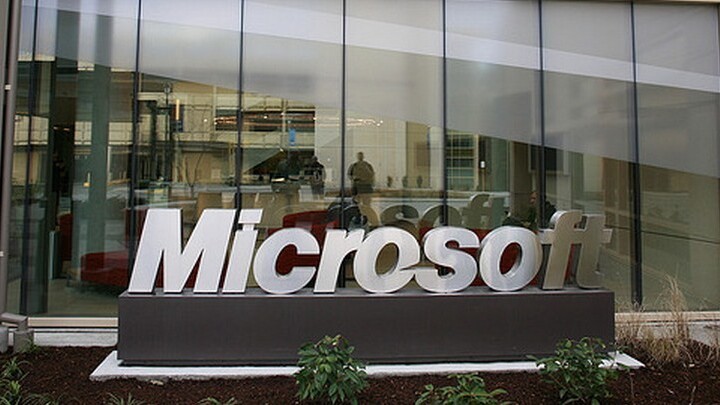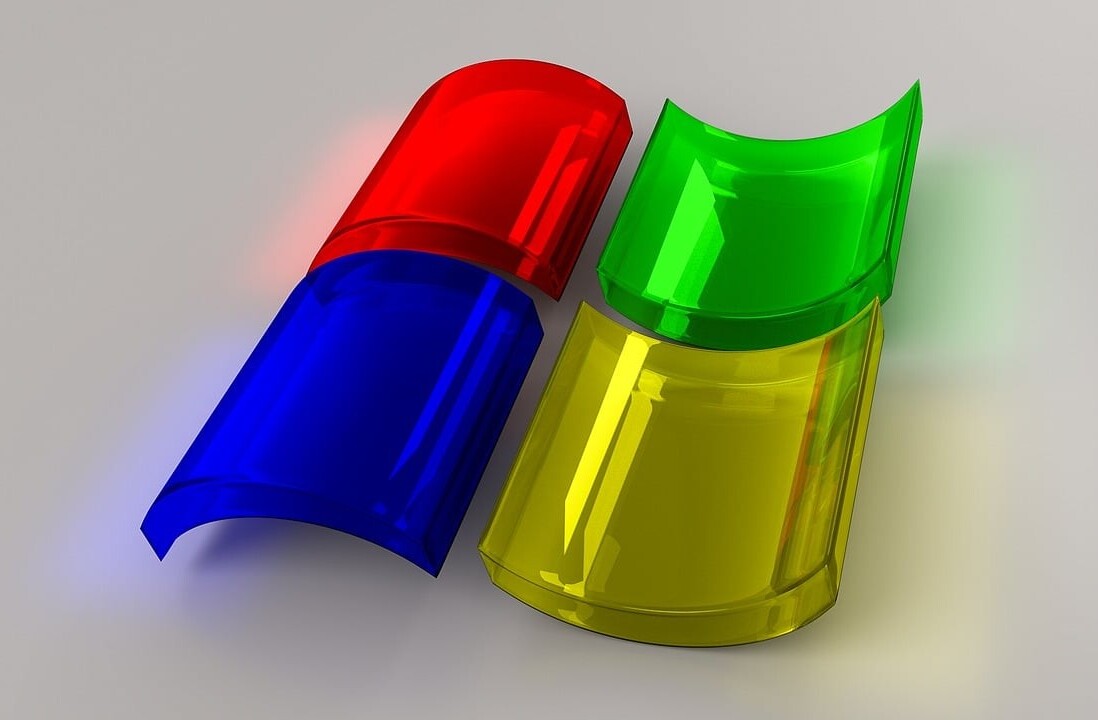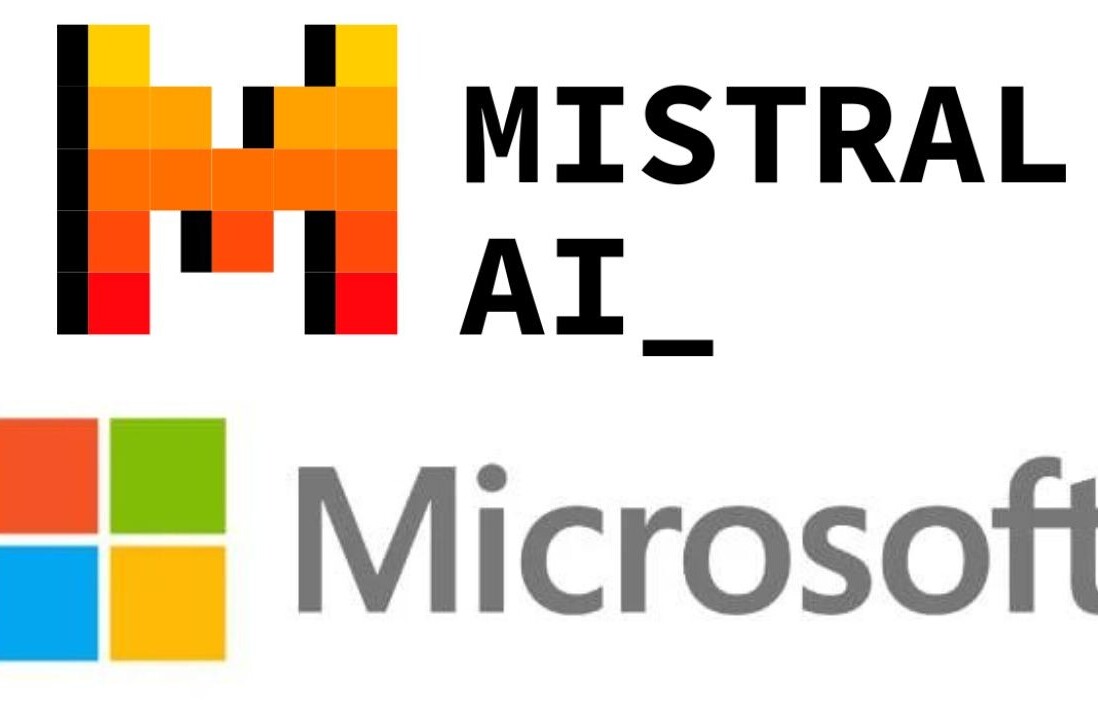
Happy Friday super troopers, it’s almost time for the glorious technology megastorm by the name of CES, so consider this post your long breath before the plunge.
Given the holidays that transpired in recent weeks, news has been light. Frankly, we’re waiting for Microsoft to release performance numbers from its December sales cycle. The company has been all but mum thus far, however.
So, ensure that you are following TNW’s Microsoft channel on both Twitter, and Facebook, and let’s sally on into it.
Windows 8: Market Share Numbers
After six straight months of decline, Windows posted gains recently, accreting market share to its name as Windows 7 and 8 grew sufficiently to balance out declines in Windows XP and Vista.
As TNW reported at the time:
The latest market share data from Net Applications shows that December 2012 was a solid one for Windows 8, which gained 0.66 percentage points (from 1.11 percent to 1.77 percent) while Windows 7 gained 0.40 percentage points (from 44.71 percent to 45.11 percent). The real jump for Windows 8 will come in January, after all those shiny new PCs get a full month of online usage.
It’s important to note that this is the first time that Windows 7 has breached the 45% market share point; if it will hit 50% is in doubt as Windows 8 will absorb much of its momentum by being pre-installed on newly sold PCs.
Windows 8’s market share is more interesting, but we still lack the data to make authoritative measurements on its success, or lack thereof. All we can see from the data is that Windows 8 is selling at a clip that indicates that it is not a flop. Past that we’ll need hard numbers from Microsoft and another month of market share information to extrapolate from.
Microsoft must feel good having put points back up on the board for its Windows brand.
The Next Xbox
E3. Mark your calendar. Microsoft is out and about pushing the event more than 150 days before it begins. Why? Given that the company has started promotion for the shindig on Major Nelson’s brand – he of Xbox fame – speculation is rife that Microsoft intends to unveil its next Xbox console.
That timing would have it on the shelves for the 2013 holiday season. At this point we are guessing, but Microsoft appears to be leading us in a very specific direction. If the company is pushing E3 this hard, and early, to only release a new set of Xbox 360 games, expect groaning among its gaming fanbase.
FTC Flop?
Google all but walked from the FTC antitrust inquiry into its search practices, something that Microsoft found to be a mistake; it had hoped for quite a bit more in the way of regulations, and perhaps fines.
Here’s the company’s key remarks regarding the decision [Formatting, Bolding: TNW]:
The FTC took steps today to address some of Google’s improper business practices. We find it troubling that the agency did not adhere to its own standard procedures that call for the agency to obtain industry input on proposed relief and secure it through an enforceable consent decree. The FTC’s overall resolution of this matter is weak and—frankly—unusual. […]
And what of the search bias issues? Google has long said that it merely aims to offer customers the most relevant answer to their query, and the FTC Commissioners accepted that view. Yet we know that Google routinely and systematically heavily promotes its own services in search results.
Is Google+ really more relevant than Facebook? Are Google’s travel results better than those offered by Expedia, Kayak and others? We also know that Google ranks shopping results (the most important category commercially) in part on the basis of how much advertisers pay to Google for placement, after very publicly promising that it would never do so. This does not sound like product improvement.
Google spent heavily to influence the government in its favor. It won. TNW cannot say with certainty that its $25 million lobbying budget during the proceedings were the key component of its victory, but we can say that it certainly helped.
Microsoft’s 2012
This week TNW published a look back at Microsoft’s 2012, a year that saw the company embark on largescale changes to its business models and platforms. To say that Microsoft is molting is probably saying too little. Windows 8, Windows Phone 8, the list goes on: from a product perspective 2012 may have been Microsoft’s biggest year on record.
Challenges abound for the company, as it takes on nearly every vertical in the technology market at once, from consumer hardware to enterprise cloud services. Here’s TNW’s conclusion about Microsoft’s last year, and where it is headed now:
Broadly, as Microsoft changes and rebuilds much of its consumer-facing products, its enterprise products will likely provide revenue and earnings stability. SharePoint, now a $2 billion dollar business, and the larger $19 billion Server and Tools division will be key as the company refits and relaunches.
Much of Microsoft’s new vision has been embodied in recent releases. However, they are but part of the picture. 2013 should see the rest of the canvas filled in. Perhaps at last Microsoft can reignite its share price.
Again, we want Windows 8 and Windows Phone 8 sales figures. Microsoft, get on that.
Top Image Credit: Robert Scoble
Get the TNW newsletter
Get the most important tech news in your inbox each week.





